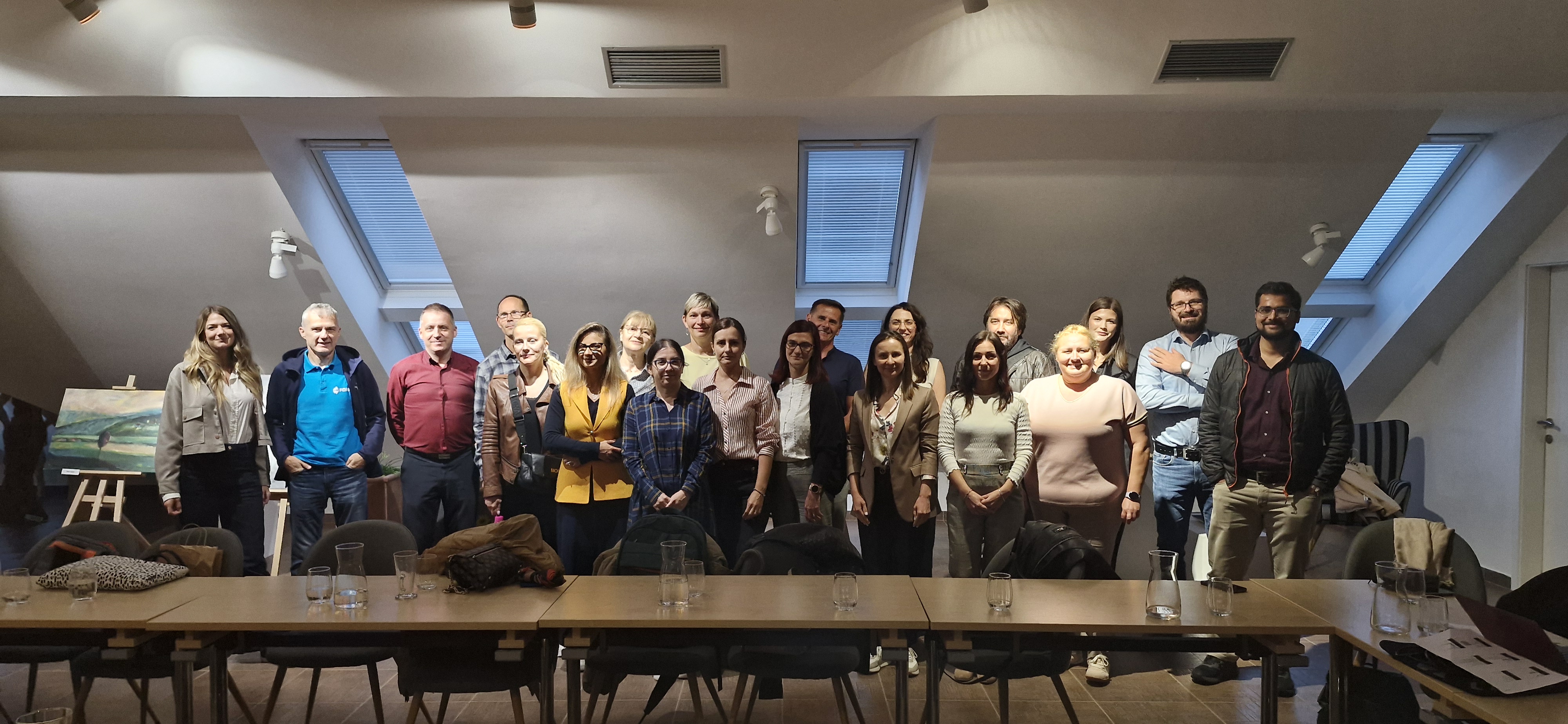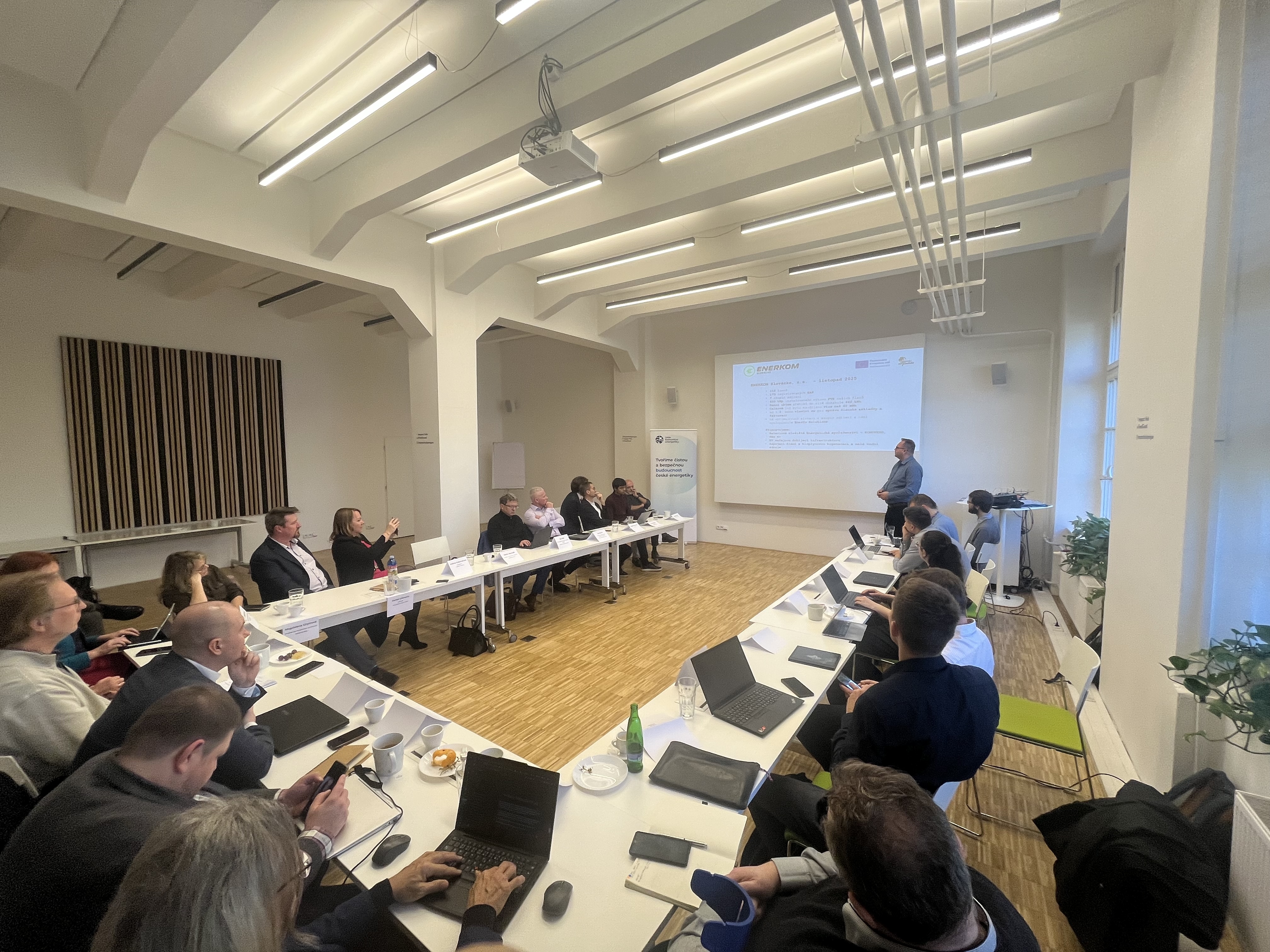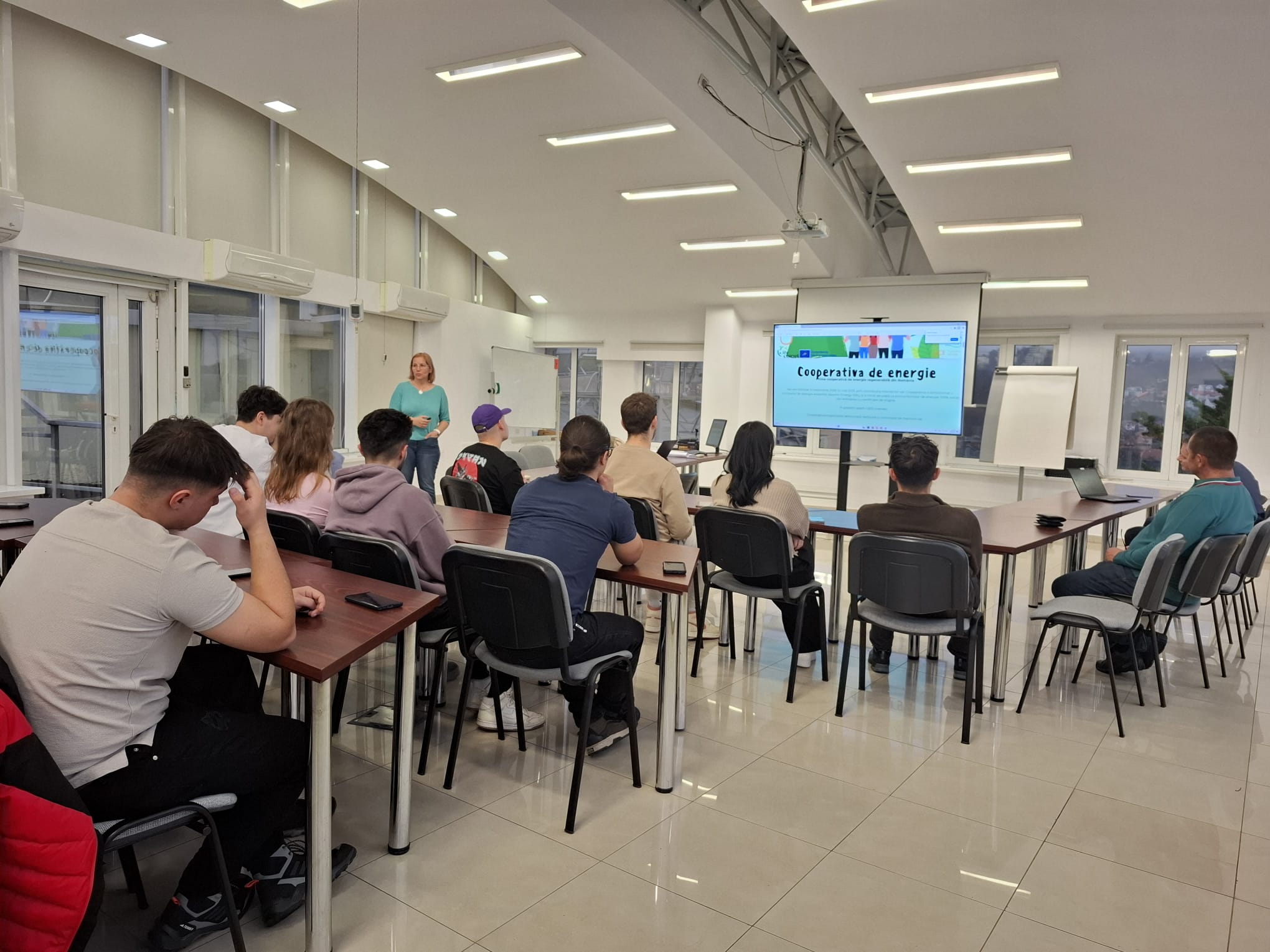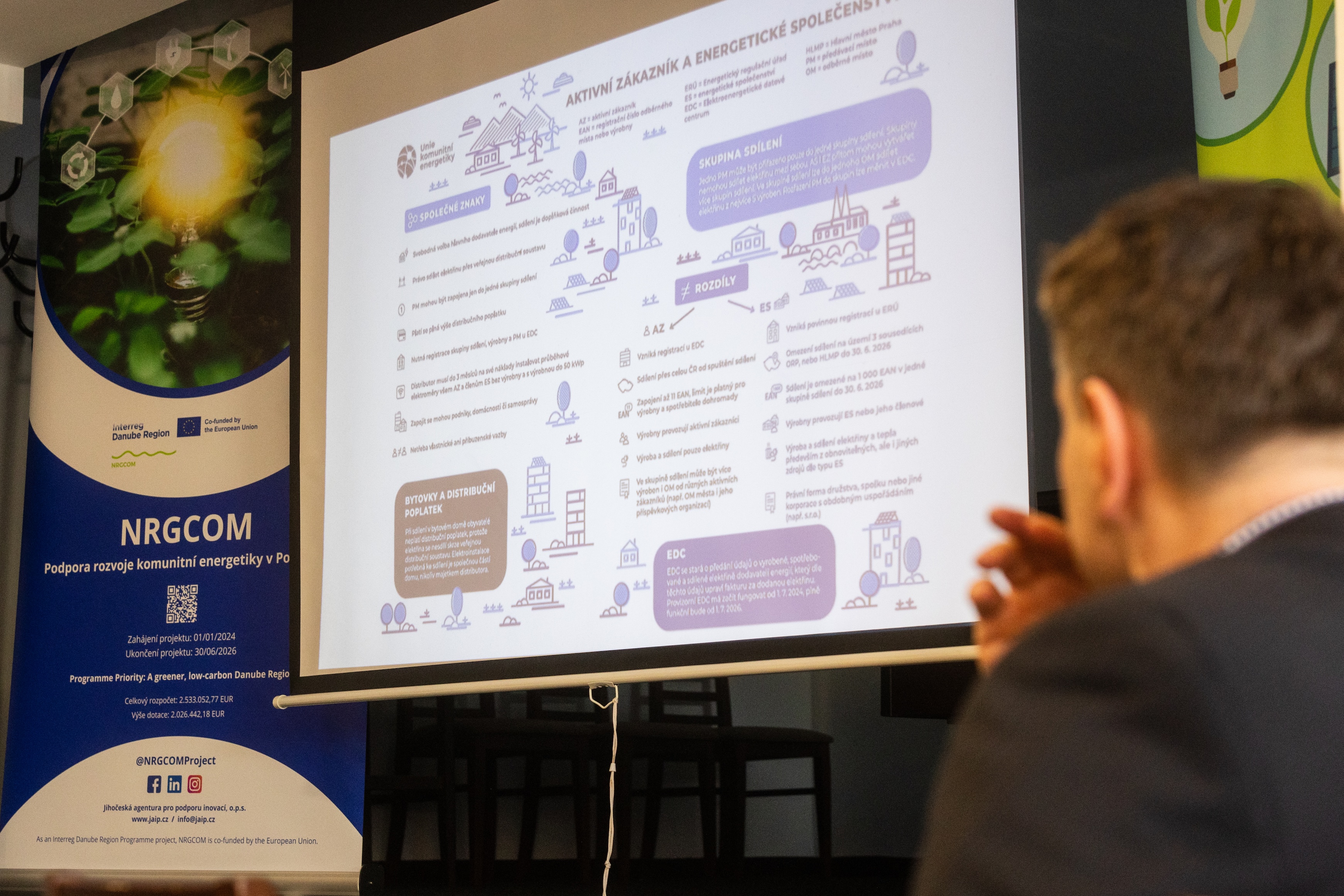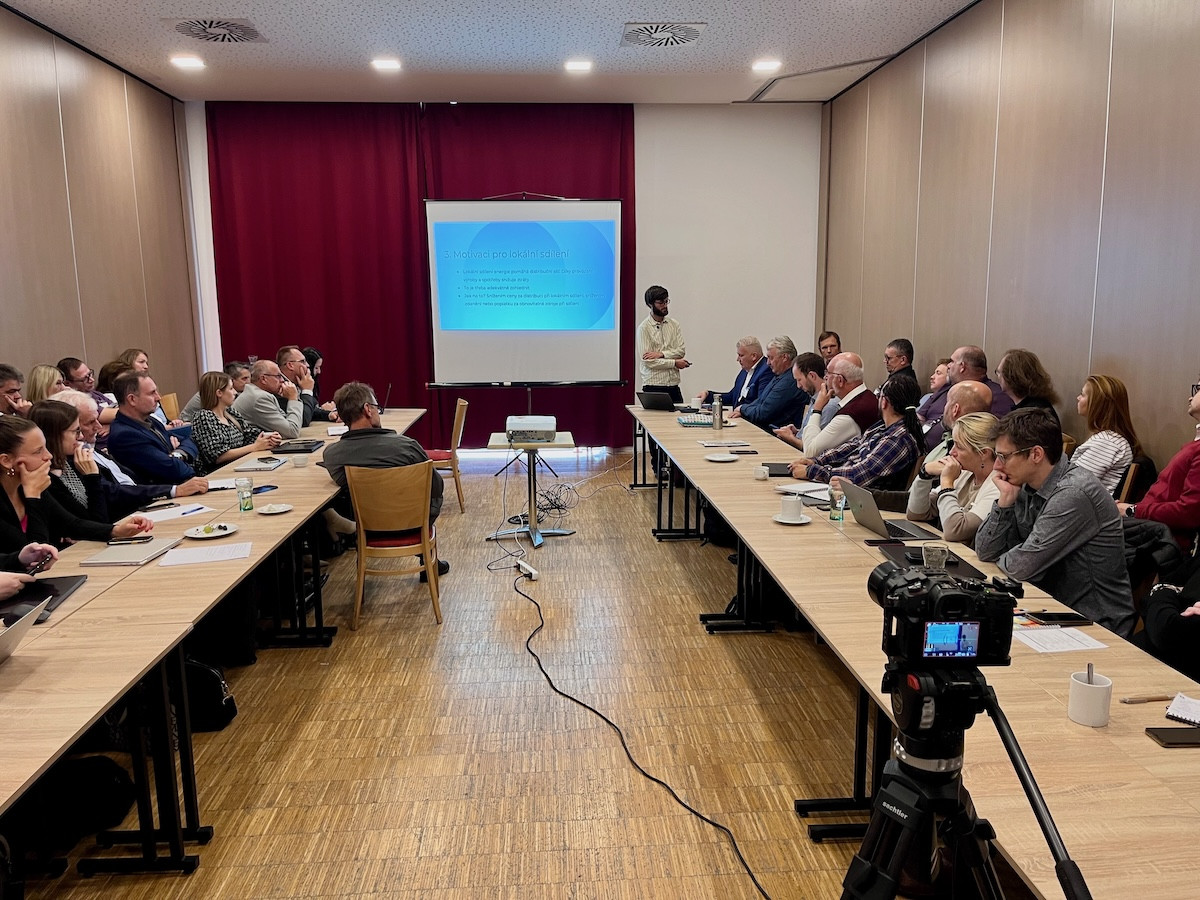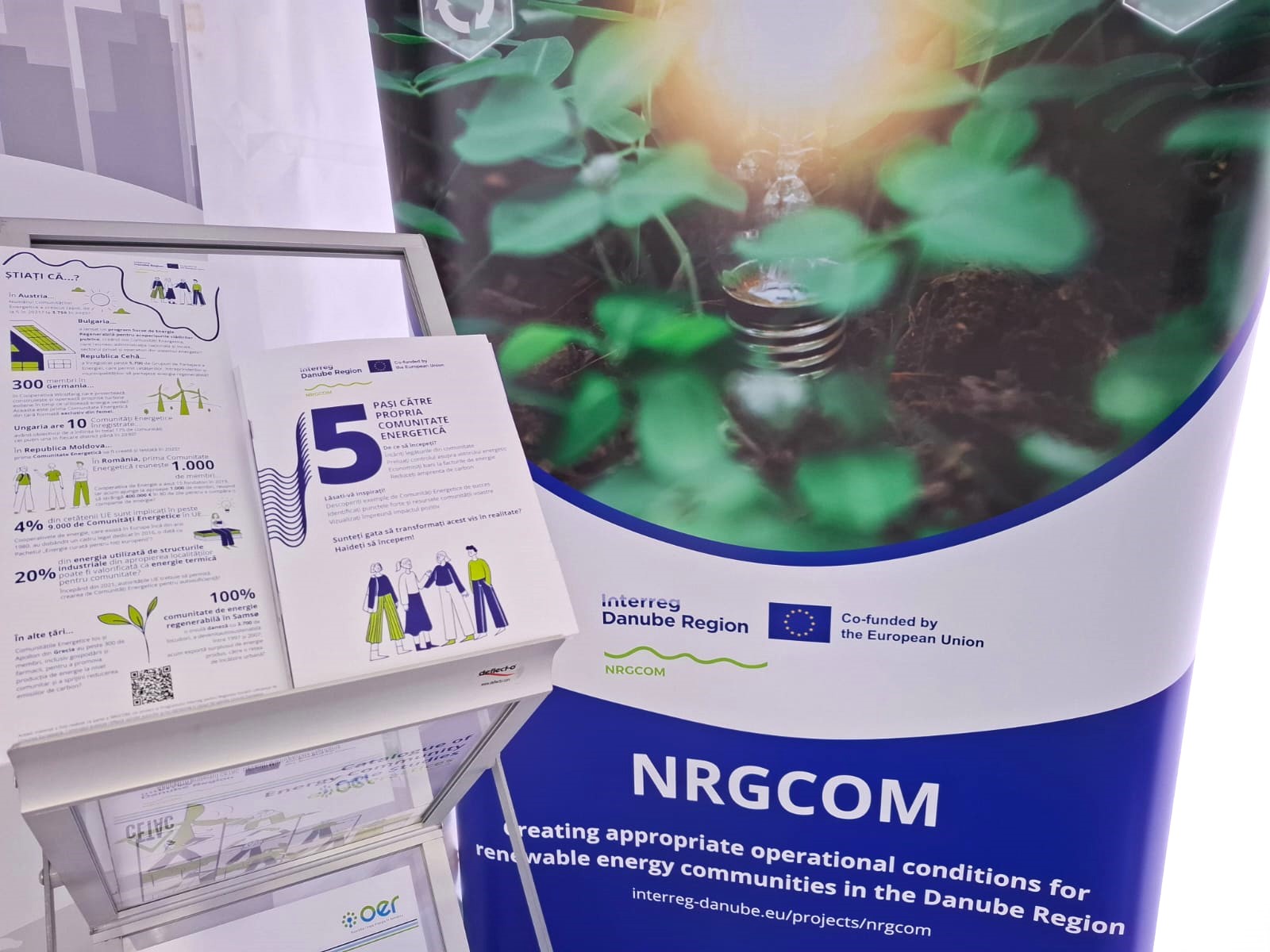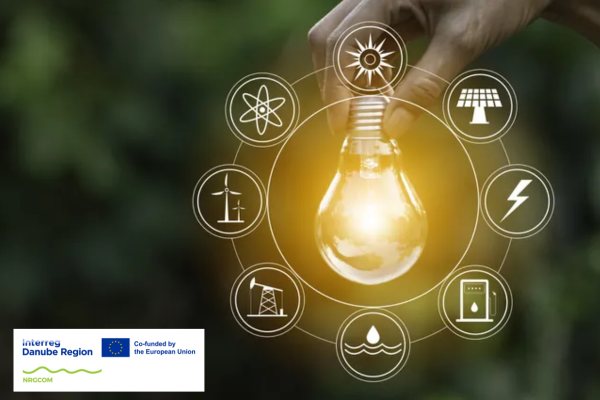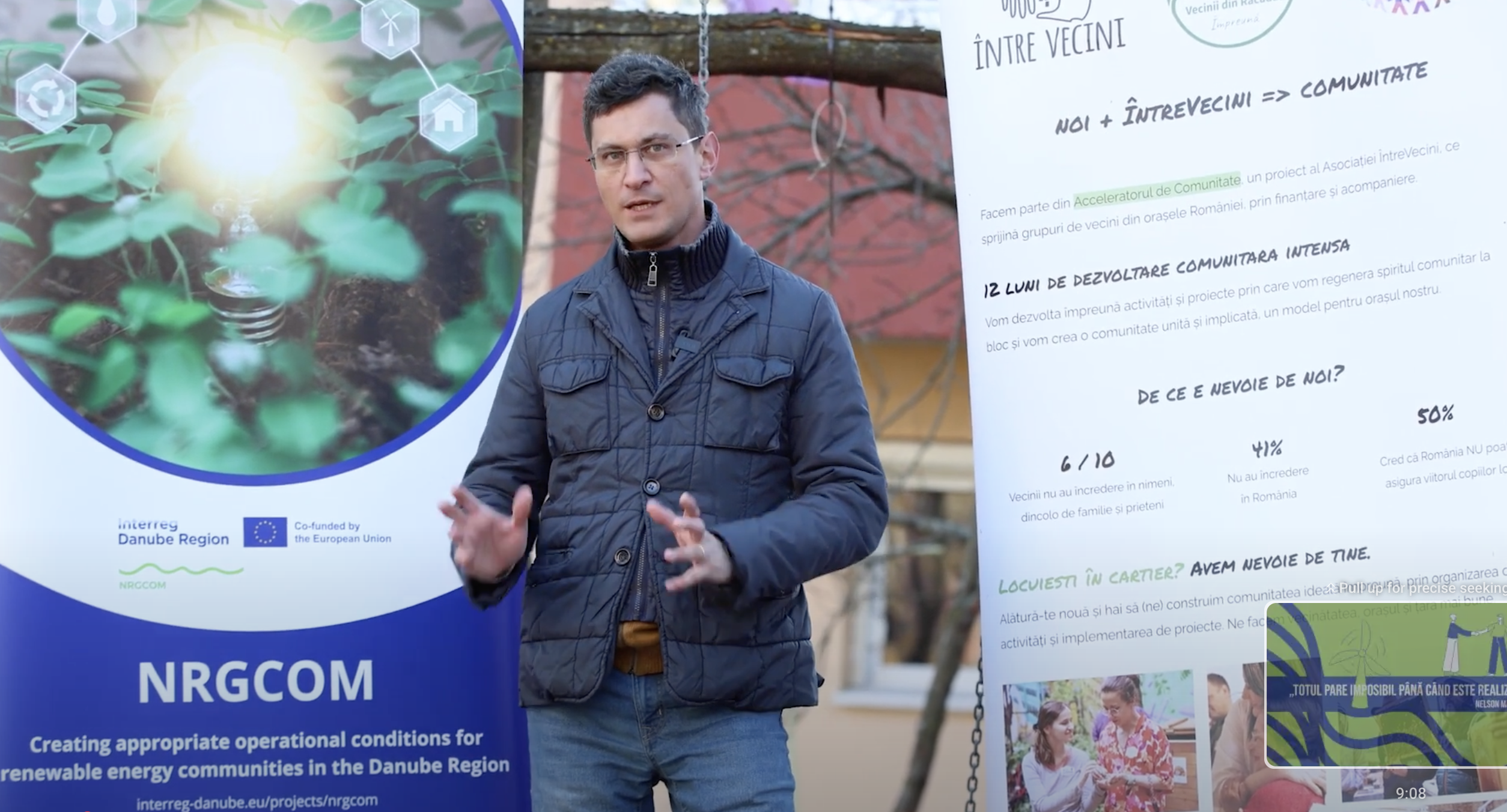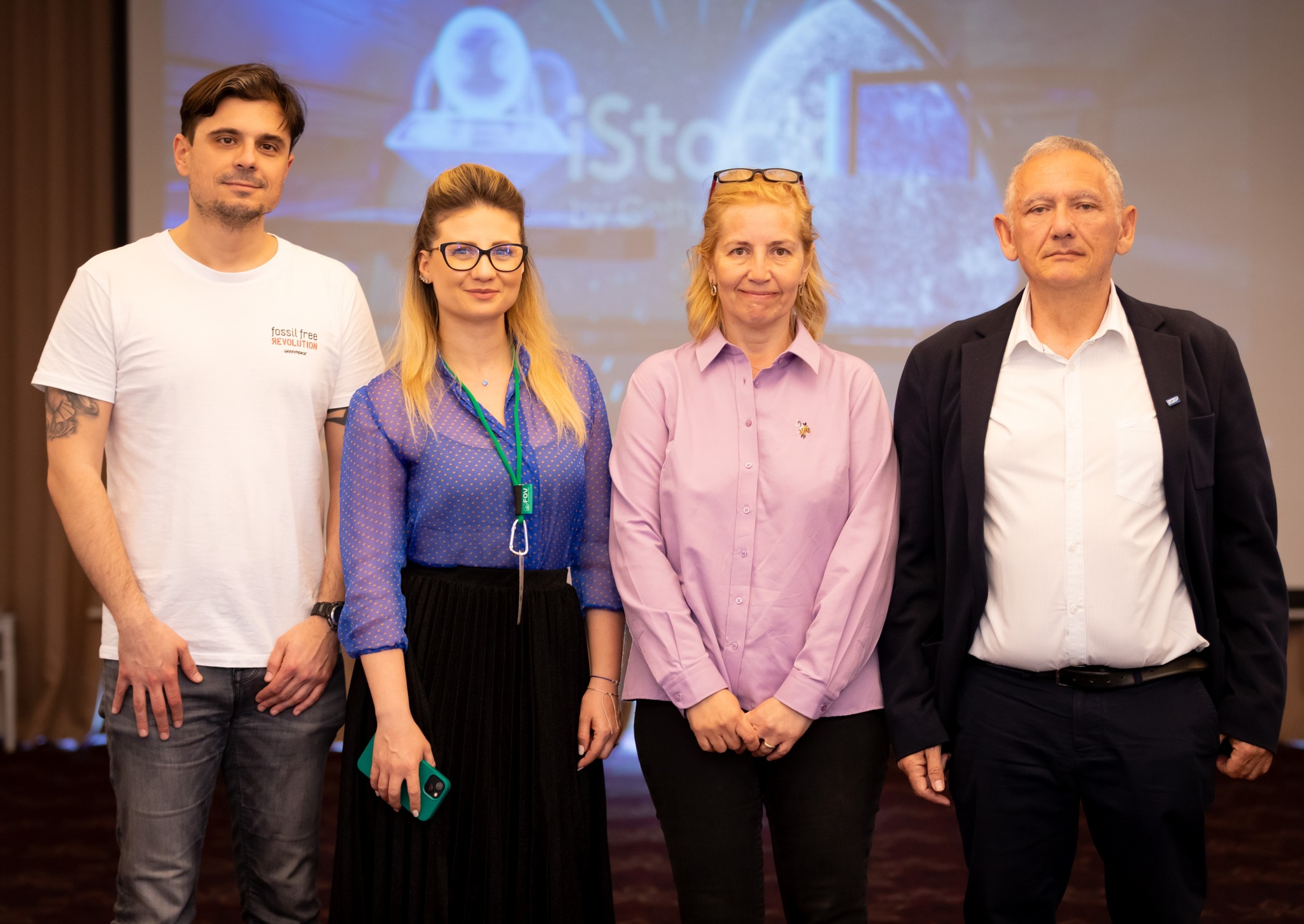
Municipalities and civil society call for solutions to improve the Romanian National Energy and Climate Plan (NECP)
Romanian Climate and Energy Dialogue Platform members call on national decision-makers to adopt ambitious targets and detailed measures on renewable energy and energy communities in the revised version of the Romanian National Energy and Climate Plan (NECP).
Member municipalities of Energy Cities Romania (OER), agencies and non-governmental organizations met on the 10th of April in Brașov, with members of the Ministry of Energy and the Ministry of Environment, Waters and Forests to discuss the state of play of the RO NECP revision, a document that Romania must submit to the European Commission by the 30th of June 2024. Romania needs to set more ambitious 2030 renewable energy targets and this was the starting point of the meeting under which participants addressed different requests to the representatives of ministries, such as:
- To guarantee that all stakeholders and key actors can participate in the process of NECP updating, fairly and transparently. This can be achieved by providing concrete opportunities for participation and ensuring that all relevant documents, reports and analyses are made available to everyone involved. Unfortunately, participants have raised concerns about the lack of consultations during the development of the 2023 RO NECP version;
- To include precise objectives and targets for renewable energy communities, such as a specific number of communities to be established or of the installed capacity they should achieve;
- To boost the formation and operation of energy communities, a measure that should be included in the RO NECP in a detailed manner.
Regarding the public consultation within the NECP revision process, Leea Mihailă, OER Director, said that OER was ready to facilitate the dialogue between the ministries and the local authorities. The NECP is a national strategy for achieving the European Union's objectives. Their content is clearly defined by the EU Regulation on the Governance of the Energy Union and Climate Action. The Regulation not only specifies the content requirements for plans, but it also outlines how these plans should be developed and reviewed, and with whom. The involvement of local authorities, civil society organizations, the private sector and relevant stakeholders is essential. The development of these plans should bring significant changes in the way national policies are formulated and implemented. However, according to the European Commission's assessment, stakeholder involvement has been poorly implemented by most Member States. Therefore, Leea Mihailă emphasized the need to stimulate this dialogue and encourage different levels of governance to work together toward a better future.
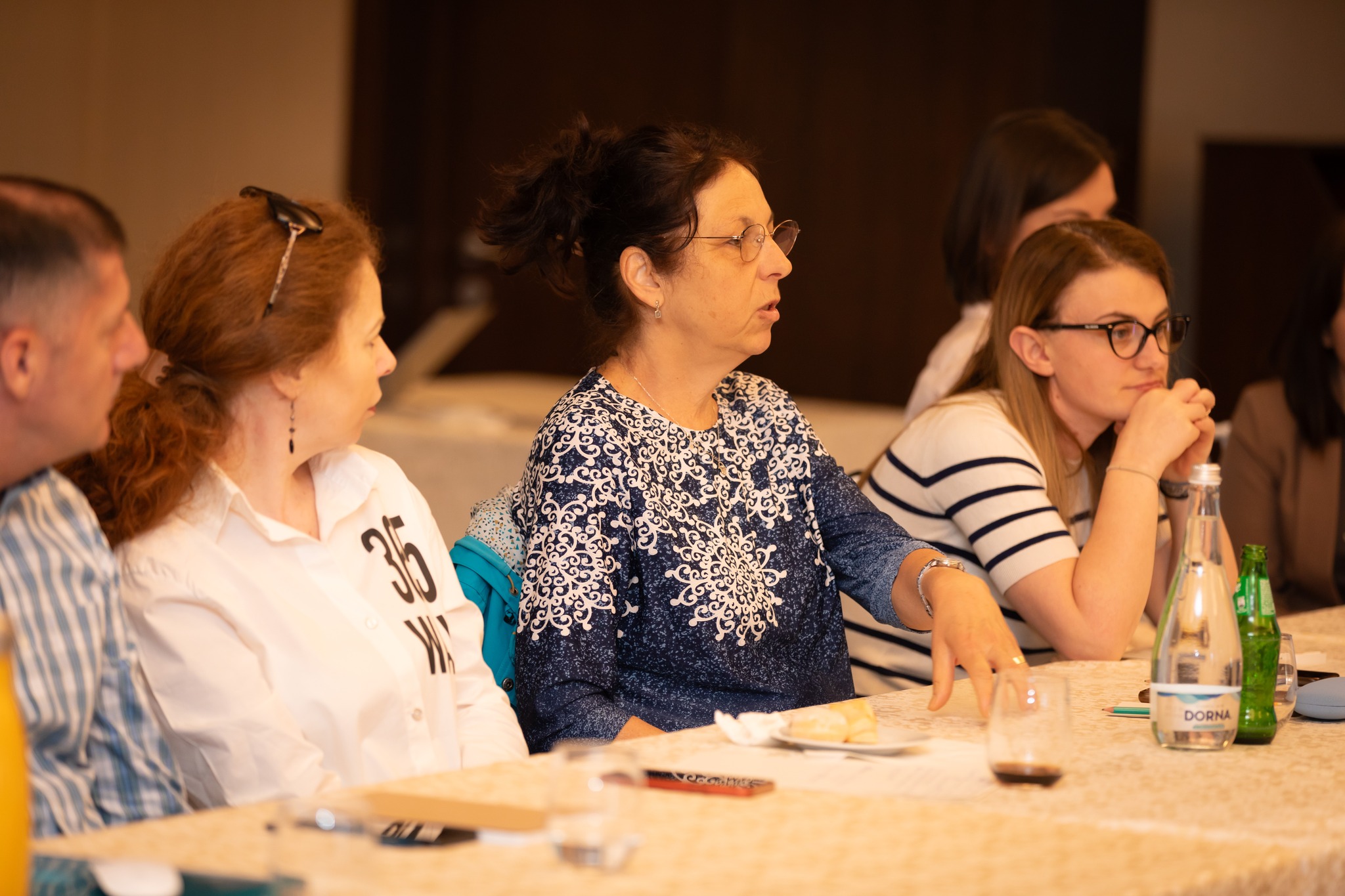
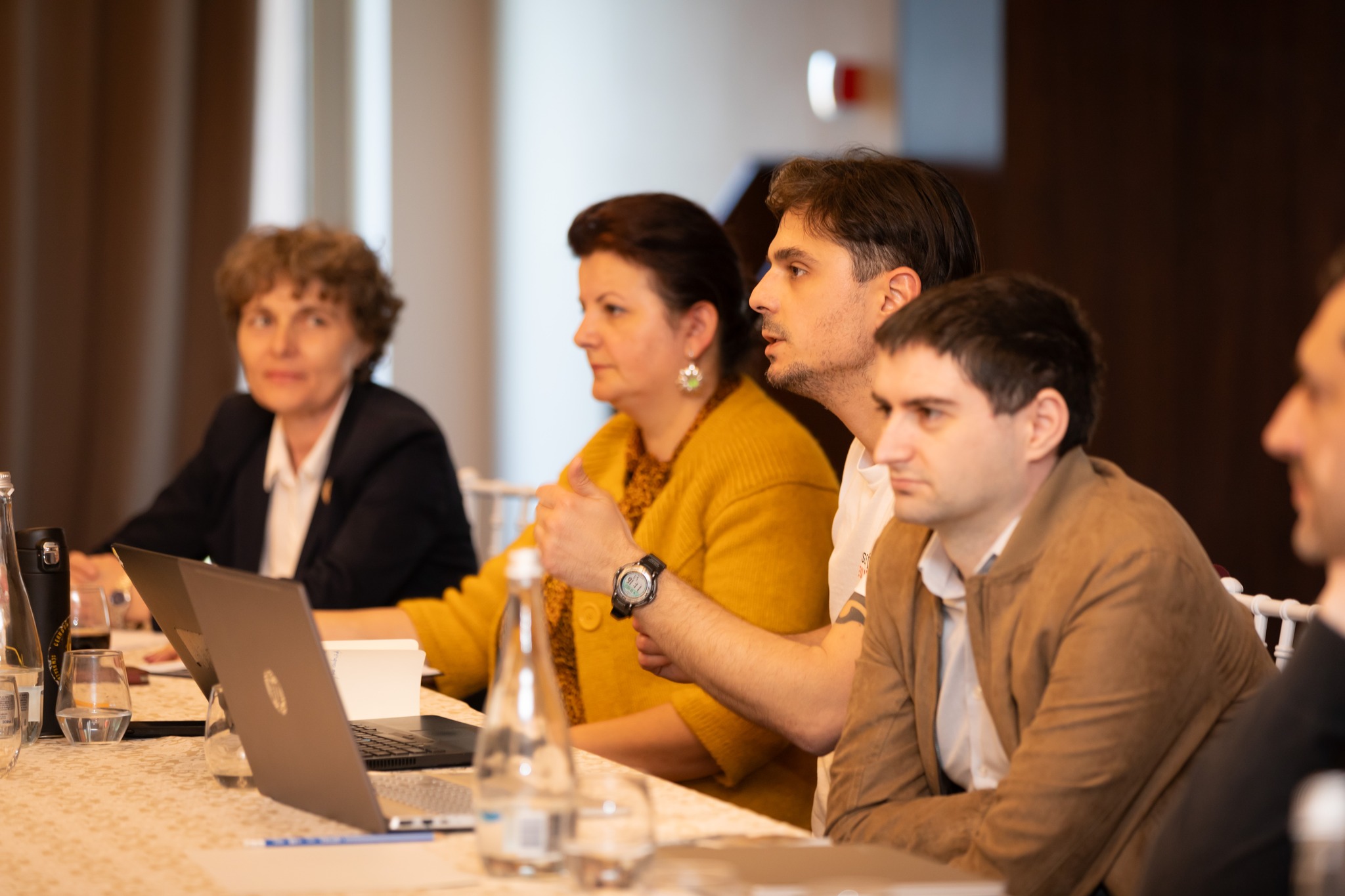
Dan Pirșan, President of the Prosumers and Energy Communities Association, addressed the issues of the current regulatory framework that hinders energy sharing at the community level. He emphasized the need for technical solutions such as virtual net metering, which can help ensure the fair distribution of benefits, efficient energy management, grid stability and optimal use of resources. According to Mr. Pîrșan, these elements are crucial for the success of energy communities in the transition towards clean energy. 
News & Events
Read the most recent updates and explore the upcoming events.

